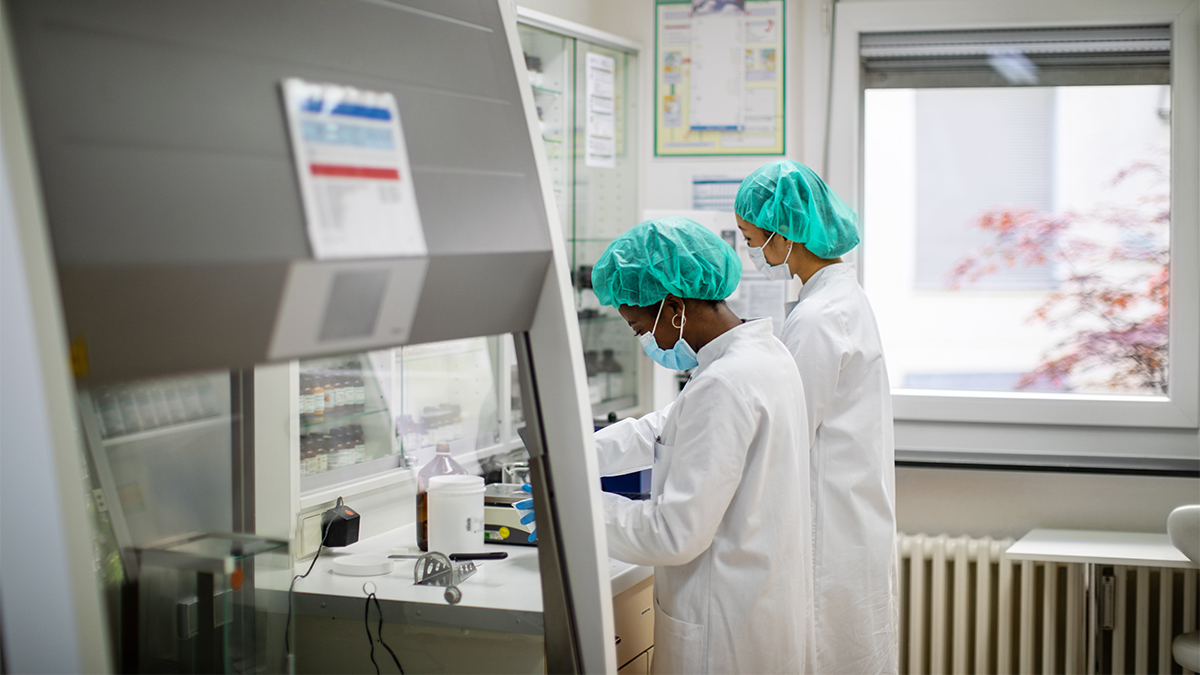The life sciences industry is undergoing a fundamental evolution in how drugs are discovered, developed, and manufactured. The industry is shifting from traditional drug research and development techniques used for small molecules and antibodies to advanced therapeutic modalities (ATMs), a category that encompasses engineered cell therapies that reprogram cells to fight disease, gene therapies that involve replacing or editing dysfunctional genes, and nucleic acid therapies that promote or shut down production of a protein (e.g., the mRNA vaccines indicated for Covid-19 from Moderna and Pfizer/BioNTech).
A New Generation of Drug Therapies Requires New Business Strategies
The shift toward advanced therapeutic modalities will require life sciences companies to rethink strategy, investments, and risk management.
February 27, 2024

Luis Alvarez/Getty Images
Summary.
The shift to advanced therapeutic modalities (ATMs) promises to change the nature of competition in the pharmaceuticals industry. ATMs include engineered cell therapies that reprogram cells to fight disease, gene therapies that involve replacing or editing dysfunctional genes, and nucleic acid therapies that promote or shut down production of a protein. They are shifting the nature of drug R&D risk and establishing manufacturing as a critical strategic priority alongside therapeutic safety and efficacy while also introducing new commercialization challenges.